Plot
This article needs a plot summary.(April 2023) |
| Puppets | |
|---|---|
| Directed by | Tod Browning |
| Written by | Tod Browning Irving Weil |
| Starring | DeWolf Hopper Sr. Jack Brammall |
Release date |
|
Running time | 20 minutes |
| Country | United States |
| Language | Silent with English intertitles |
Puppets is a 1916 American short drama film directed by Tod Browning. [1]
This article needs a plot summary.(April 2023) |

Elda Furry, known professionally as Hedda Hopper, was an American gossip columnist and actress. At the height of her influence in the 1940s, more than 35 million people read her columns. A strong supporter of the House Un-American Activities Committee (HUAC) hearings, Hopper named suspected Communists and was a major proponent of the Hollywood blacklist. Hopper continued to write her gossip column until her death in 1966. Her work appeared in many magazines and later on radio. She had an extended feud with Louella Parsons, an arch-rival and fellow gossip columnist.

William DeWolf Hopper Jr. was an American stage, film, and television actor. The only child of actor DeWolf Hopper and actress and Hollywood columnist Hedda Hopper, he appeared in more than 80 feature films in the 1930s and 1940s. After serving in the United States Navy during World War II, he left acting, but was persuaded by director William Wellman in the 1950s to resume his film career. He’s perhaps best known for his portrayal of private detective Paul Drake in the CBS television series Perry Mason.
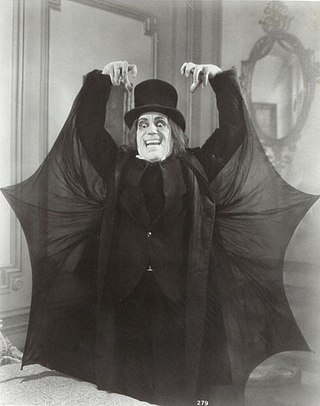
A lost film is a feature or short film in which the original negative or copies are not known to exist in any studio archive, private collection, or public archive. Films can be wholly or partially lost for a number of reasons. Early films were not thought to have value beyond their theatrical run, so many were discarded afterward. Nitrate film used in early pictures was highly flammable and susceptible to degradation. The Library of Congress began acquiring copies of American films in 1909, but not all were kept. Due to improvements in film technology and recordkeeping, few films produced in the 1950s or beyond have been lost.
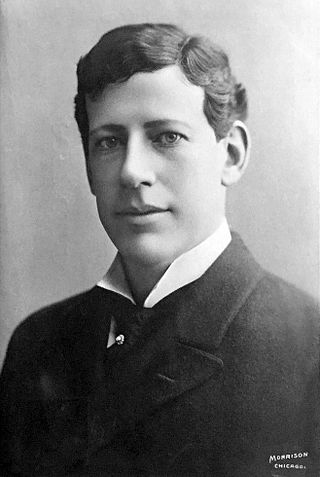
William DeWolf Hopper was an American actor, singer, comedian, and theatrical producer. A star of vaudeville and musical theater, he became best known for performing the popular baseball poem "Casey at the Bat".

Helen Marguerite Clark was an American stage and silent film actress. As a movie actress, at one time Clark was second only to Mary Pickford in popularity. With a few exceptions and some fragments, most of Clark's films are considered lost.
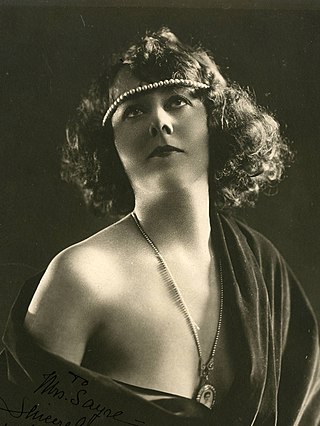
Edna Wallace Hopper was an American actress on stage and in silent films. She was known as the "eternal flapper".
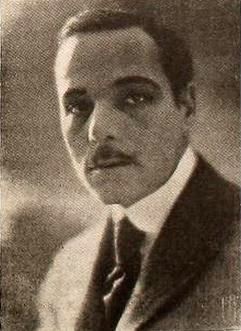
Bertram Grassby was an English actor. He appeared in more than 90 silent era films between 1914 and 1927. Grassby was married to American actress Gerard Alexander. He was born in Lincolnshire, England and died in Scottsdale, Arizona.
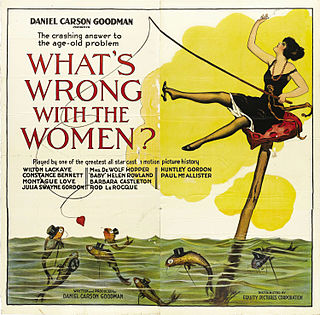
What's Wrong with the Women? is 1922 American silent Jazz Age drama film, directed by Roy William Neill, produced by Daniel Carson Goodman, and starring Wilton Lackaye, Barbara Castleton, and Constance Bennett. It is not known whether the film currently survives, which suggests that it is a lost film.

The Port of Missing Girls is a 1928 silent film directed by Irving Cummings. It stars Barbara Bedford and Hedda Hopper, making it one of the rare occasions Hopper actually starred in a film. This film is preserved in the Library of Congress.
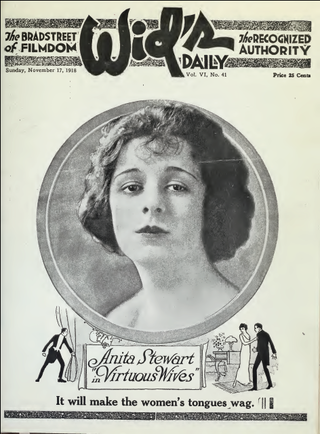
Virtuous Wives is a lost 1918 American silent drama film directed by George Loane Tucker, and stars Anita Stewart. Future gossip columnist Hedda Hopper co-starred. Based on the novel of the same name by Owen Johnson, the film was produced Anita Stewart's, production company. It was also the first film produced by Louis B. Mayer.
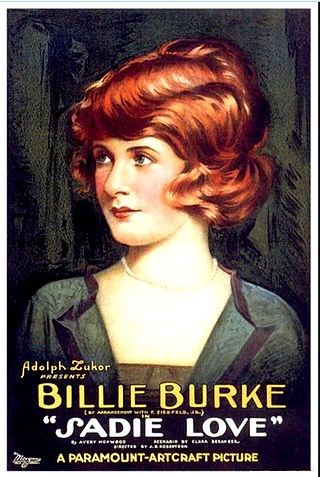
Sadie Love is a 1919 American silent comedy film distributed by Paramount Pictures and directed by John S. Robertson. It is based on a 1915 stage play of the same name by Avery Hopwood and stars Billie Burke in the title role. In the play, Marjorie Rambeau played the Burke part.

The Inner Chamber is a 1921 American silent romantic drama film produced and distributed by the Vitagraph Company of America. It was based on the novel The Blood Red Dawn by Charles Caldwell Dobie. The film was directed by Edward José and starred Alice Joyce. The film is now considered lost.

Conceit is a 1921 American silent drama film directed by Burton George, produced by Selznick Pictures, and released by Select Pictures. The film stars William B. Davidson and Mrs. De Wolf Hopper, who later became a gossip columnist using the name "Hedda Hopper".

Stranded is a 1916 American silent drama film produced by Fine Arts Film Company and distributed by Triangle Film Corporation. The film stars DeWolf Hopper with newcomer Bessie Love in a supporting role. The film is considered lost.

Lulu Glaser was an American actress and vocalist. She appeared on Broadway and later Vaudeville.

Sunshine Dad is a 1916 American silent comedy film produced by Fine Arts Film Company and distributed by Triangle Film Corporation. It was directed by Edward Dillon, written by Tod Browning and 'Chet' Withey and starred stage comedian DeWolf Hopper. Hopper's year old son, William Hopper, appears in the film as a baby.
Adam and Evil is a 1927 American silent comedy film directed by Robert Z. Leonard and written by F. Hugh Herbert, Florence Ryerson and Ralph Spence. The film stars Lew Cody, Aileen Pringle, Gwen Lee, Gertrude Short, Hedda Hopper, and Roy D'Arcy. The film was released on August 27, 1927, by Metro-Goldwyn-Mayer.
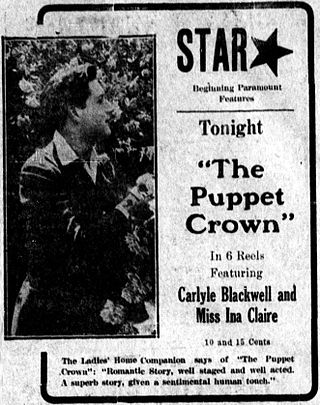
The Puppet Crown is a 1915 American drama silent film directed by George Melford and written by Harold MacGrath and William C. deMille. The film stars Ina Claire, Carlyle Blackwell, Chris Lynton, Cleo Ridgely, Horace B. Carpenter and John Abraham. The film was released on July 29, 1915, by Paramount Pictures.
Punch and Judy was a 1906 French silent comic trick film directed by Georges Méliès.

Casey at the Bat is a lost 1916 American silent sports drama film produced by Fine Arts Studios in Hollywood, directed by Lloyd Ingraham, and starring DeWolf Hopper with principal support from Marguerite Marsh, Frank Bennett, and Kate Toncray. The photoplay's scenario, written by William E. Wing, was based on Ernest Thayer's 1888 baseball poem of the same title.